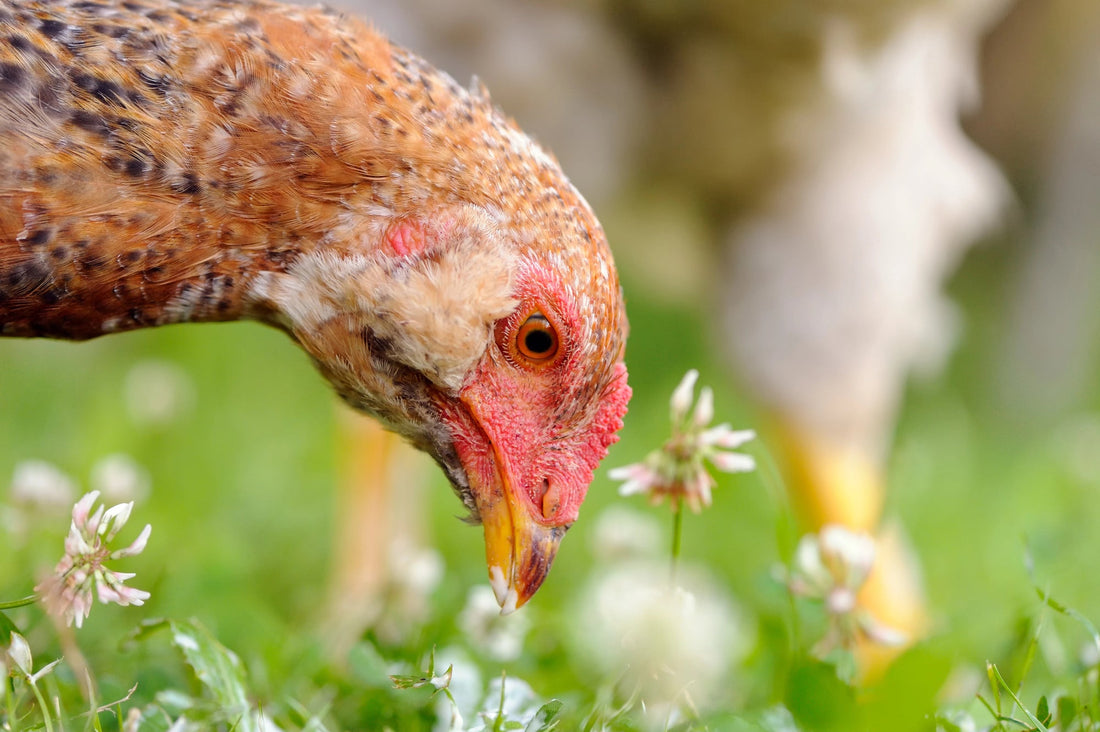Cracking the Code of Chicken Taste Preferences
Chickens are not just mindless peckers when it comes to food—they have discerning taste preferences shaped by a variety of factors. Understanding chickens' sense of taste can help poultry owners provide a balanced diet and optimize their flock's health and productivity.
The Science of Taste: Delving into Chicken Palates
While chickens may not have as sophisticated taste receptors as humans, they are far from indifferent to flavor. Chickens possess taste buds primarily on their tongues, which detect basic tastes such as sweet, sour, bitter, and umami. Their sense of taste serves as a survival mechanism, helping them distinguish between palatable foods and potential toxins in their environment. Understanding how chickens perceive taste can offer valuable insights into their dietary preferences and behavior.
Palate Preferences: Unraveling Chickens' Food Choices
Chickens' food preferences are influenced by a combination of genetic, environmental, and experiential factors. While they have a natural inclination towards certain tastes, such as sweet and umami, individual chickens may exhibit varying preferences based on their upbringing and dietary experiences. Additionally, factors such as age, health status, and nutritional needs can influence chickens' food choices, leading to selective feeding behaviors.
Exploring Flavor Profiles: What Do Chickens Like to Eat?
Chickens have diverse dietary preferences, ranging from grains and seeds to insects and greens. They are attracted to foods with rich flavors and aromas, such as fruits, vegetables, and protein-rich treats. However, chickens' taste preferences can vary depending on their age and nutritional requirements. Chicks may gravitate towards starter feeds with a higher protein content, while adult chickens may prefer a varied diet that includes grains, vegetables, and occasional treats.
The Role of Smell: Sniffing Out Delicious Delights
While taste is a crucial factor in chickens' food preferences, their sense of smell also plays a significant role in guiding their dietary choices. Chickens have a keen sense of smell that allows them to detect aromatic compounds in their food, enhancing their eating experience. Strong-smelling foods, such as herbs and spices, can be particularly appealing to chickens and may stimulate their appetite. Understanding the interplay between taste and smell can help poultry owners create enticing and nutritious meals for their flock.
Learning from Experience: The Influence of Social Learning
Chickens are social animals that learn from observing the behavior of their flock mates. In a process known as social learning, chickens may adopt the food preferences and eating habits of their peers. This phenomenon can influence their dietary choices and lead to collective food preferences within a flock. By providing a diverse diet and allowing chickens to explore different foods, poultry owners can encourage healthy eating behaviors and foster a harmonious flock dynamic.
Nutritional Considerations: Balancing Taste and Health
While catering to chickens' taste preferences is important for ensuring they enjoy their meals, it's equally crucial to prioritize their nutritional needs. A balanced diet that provides essential nutrients, vitamins, and minerals is essential for maintaining chickens' health and well-being. Poultry owners should offer a variety of foods that meet their flock's dietary requirements while also appealing to their taste buds. By striking a balance between taste and nutrition, poultry owners can promote optimal health and productivity in their flock.
Culinary Creativity: Experimenting with Chicken Cuisine
Poultry owners can get creative in the kitchen by experimenting with different ingredients and recipes to cater to their flock's taste preferences. Incorporating a variety of textures, flavors, and aromas can make mealtimes more enjoyable for chickens and encourage them to eat a balanced diet. From homemade treats to foraged snacks, there are endless possibilities for culinary exploration in the world of chicken cuisine.
Nurturing Happy and Healthy Chickens Through Taste
Understanding chickens' sense of taste is key to providing them with nutritious and enjoyable meals that support their health and well-being. By considering factors such as flavor preferences, nutritional needs, and social dynamics, poultry owners can create a dining experience that delights their feathered friends and fosters a thriving flock. With a little culinary creativity and a dash of scientific insight, poultry owners can nurture happy and healthy chickens through the power of taste.

